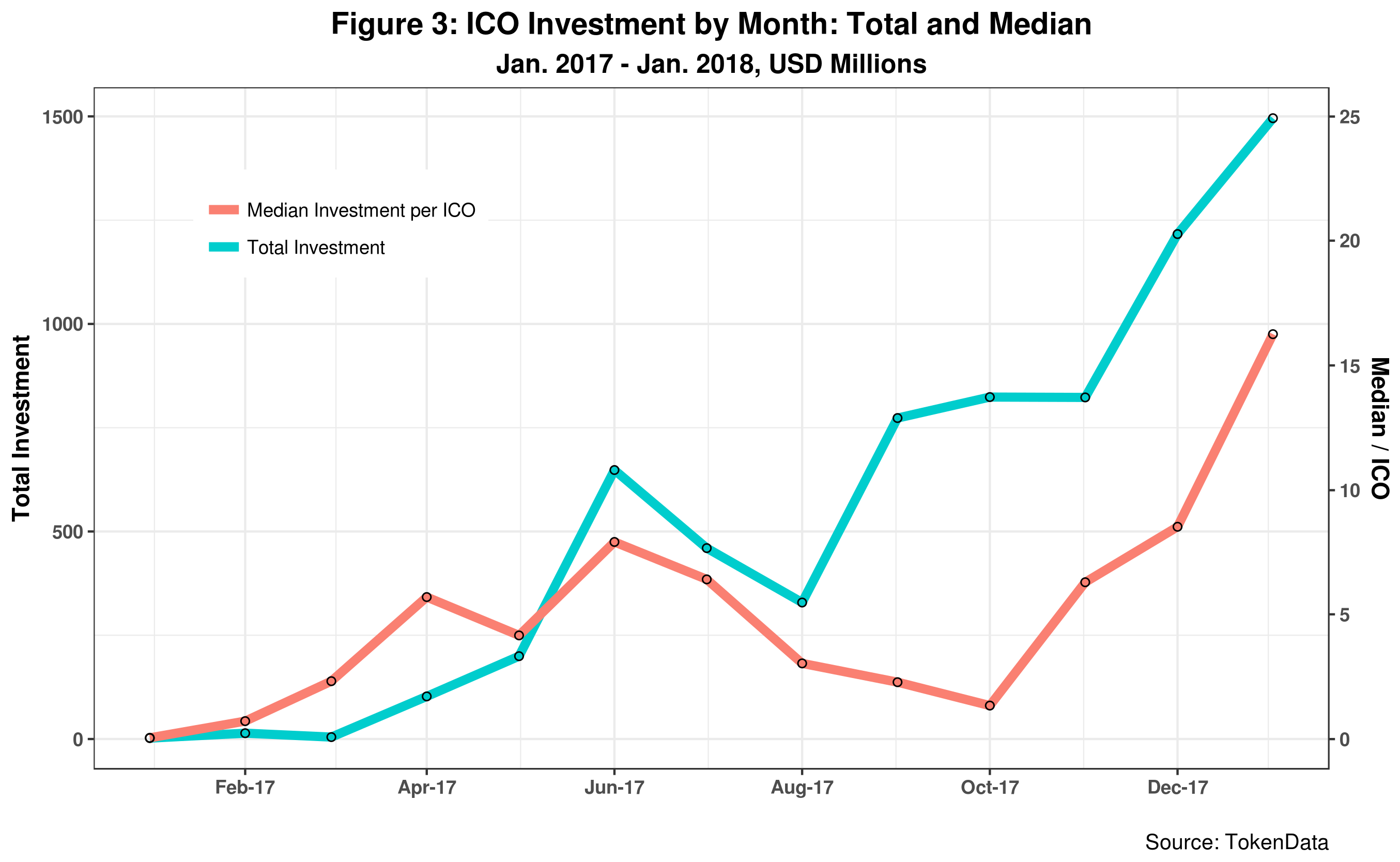Category: Economics
-
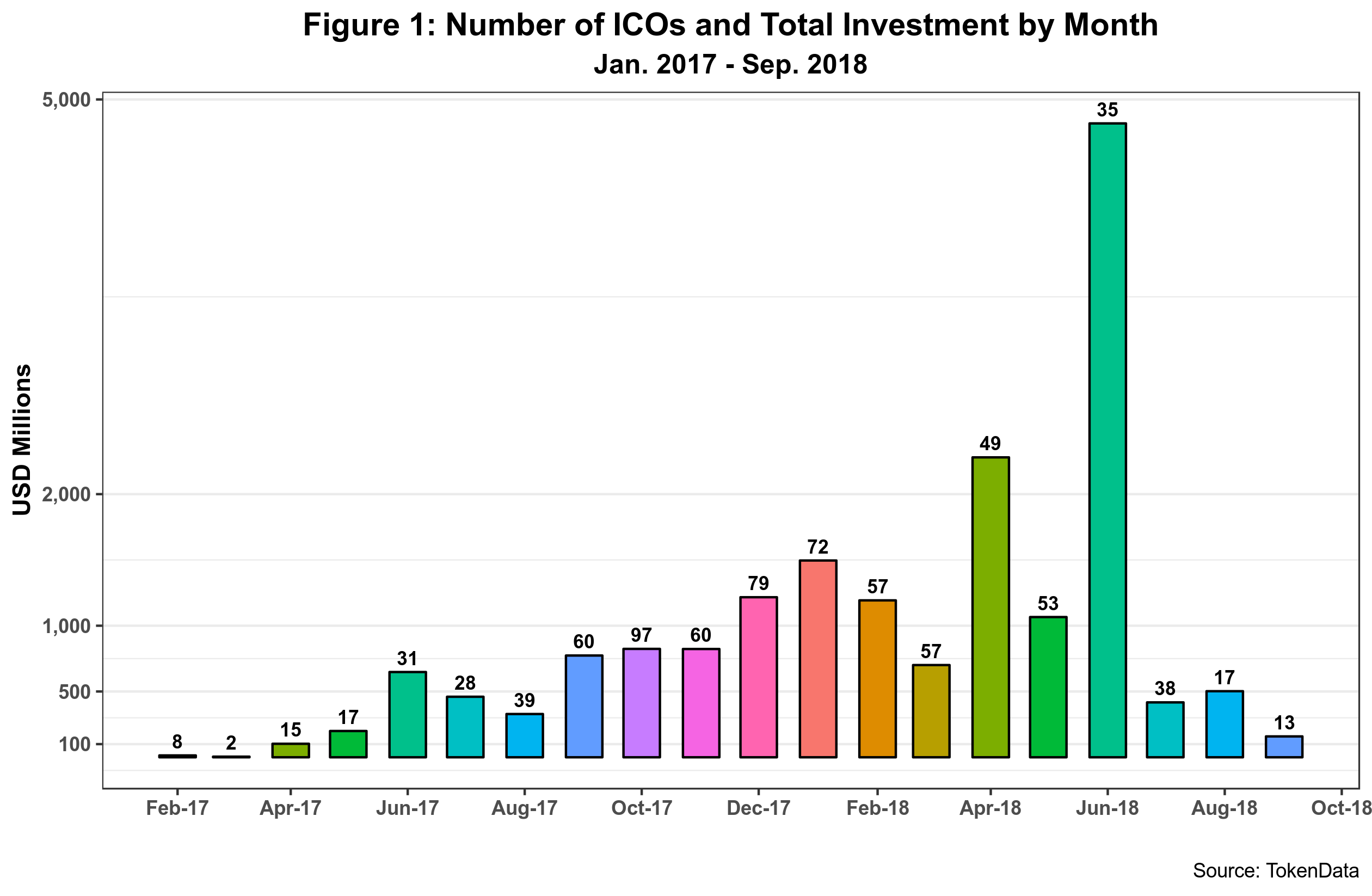
ICOs: Endangered Species
As expected, ICOs are finally cooling down. There are several reasons for this. First, ICO oversight by regulators in many countries has substantially increased. Regulators are poking not so much into new ICOs. Instead, they are doing deep dives into those that have already been completed and going after those who look fraudulent. Second, the…
-
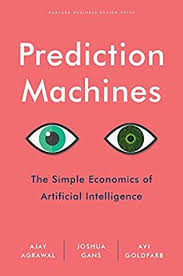
Uncertainty and Artificial Intelligence
In a world where perfect information supposedly rules across the board, uncertainty certainly challenges mainstream economists. While some of the tenets of such assumption have already been addressed – via the theory of information asymmetries and the development of the rational expectations school, for example, uncertainty still poses critical questions. For starters, uncertainty should not…
-

The Scale of the Blockchain Scalability Constraints
According to the latest estimates, global Internet penetration was close to 54 percent by the end of 2017. That is roughly 4 billion people. Figures for the number of unique cell phone users show that 5 billion people have access to the technology.1 BTW, this means that 1 billion people have a cell phone but…
-
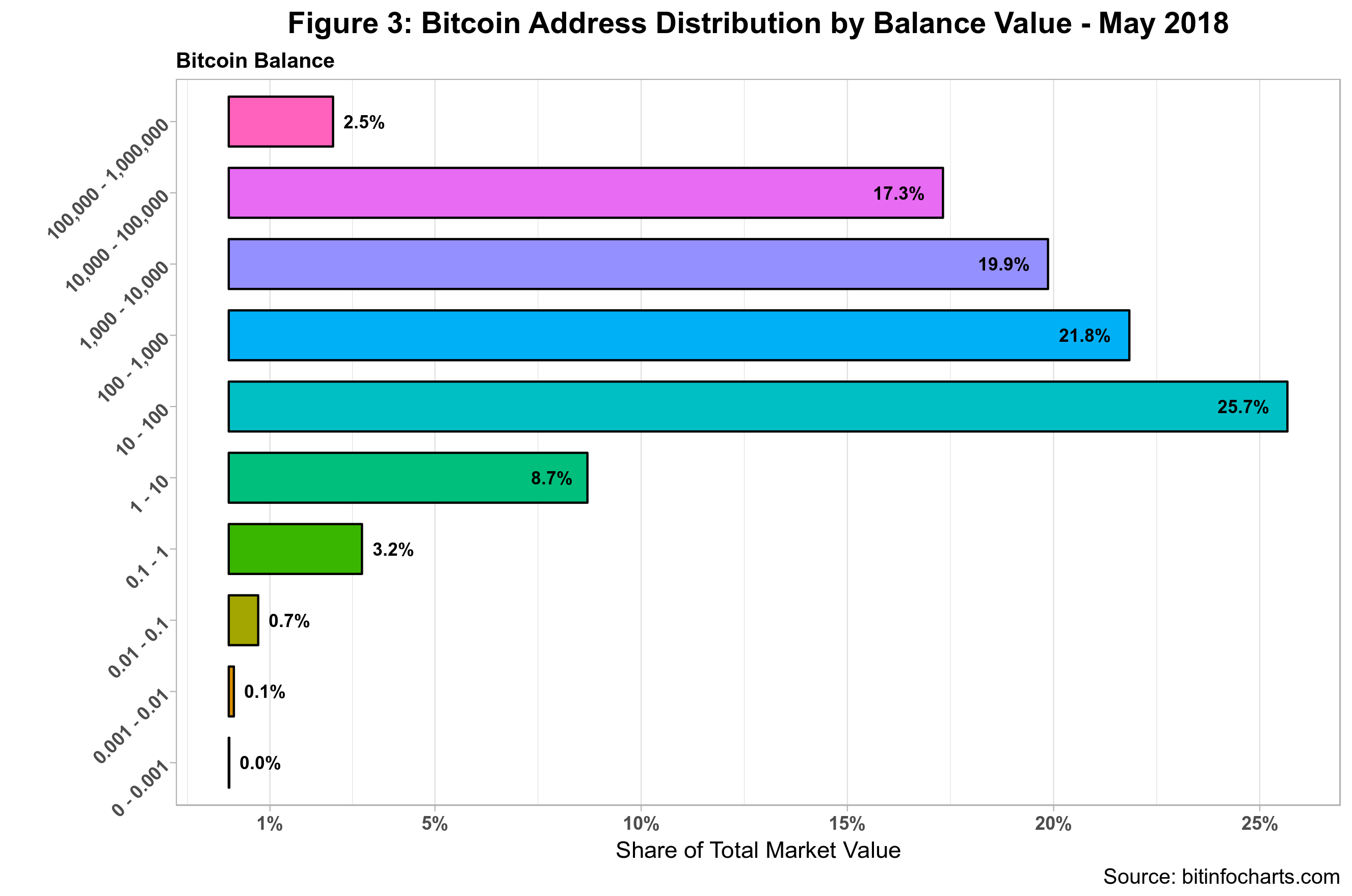
Bitcoin Inequality
In the short and medium-term, technology and inequality seemed to be positively correlated. In the long term, however, things are not as clear-cut. With the right policies and democratic institutions in place, technology could become a catalyst to reduce income and wealth inequality. Historical evidence from the last century clearly supports this claim. Will digital…
-
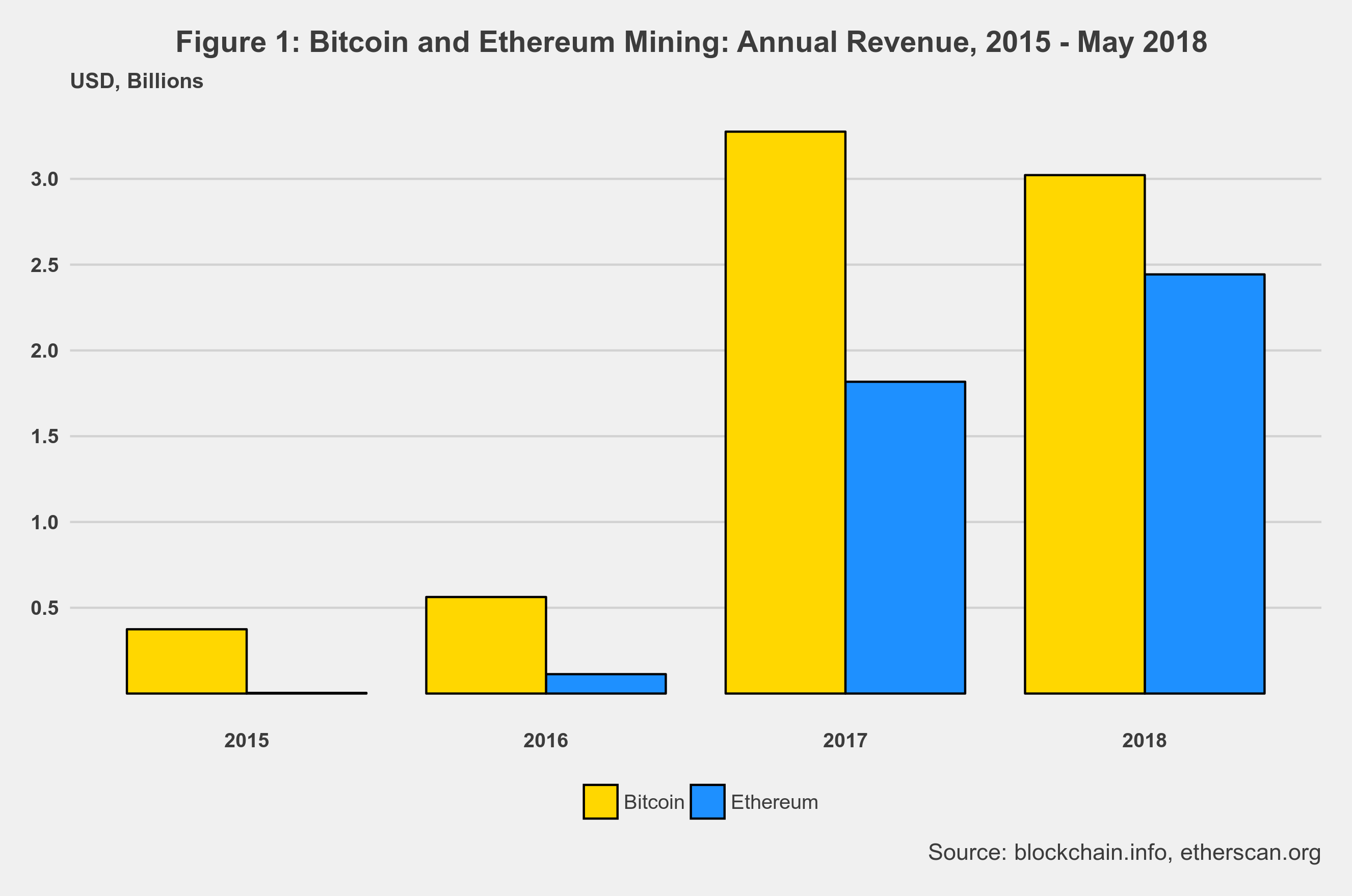
Blockchain Mining Costs and Revenues
In a previous post, I pushed the idea that mining is part of the blockchain economy’s real sector. Unlike financial speculation, mining requires investment in hardware, electricity, space, human resources, etc. This also applies to small miners who will undoubtedly have to defray a lower investment amount but can join a mining pool to share…
-
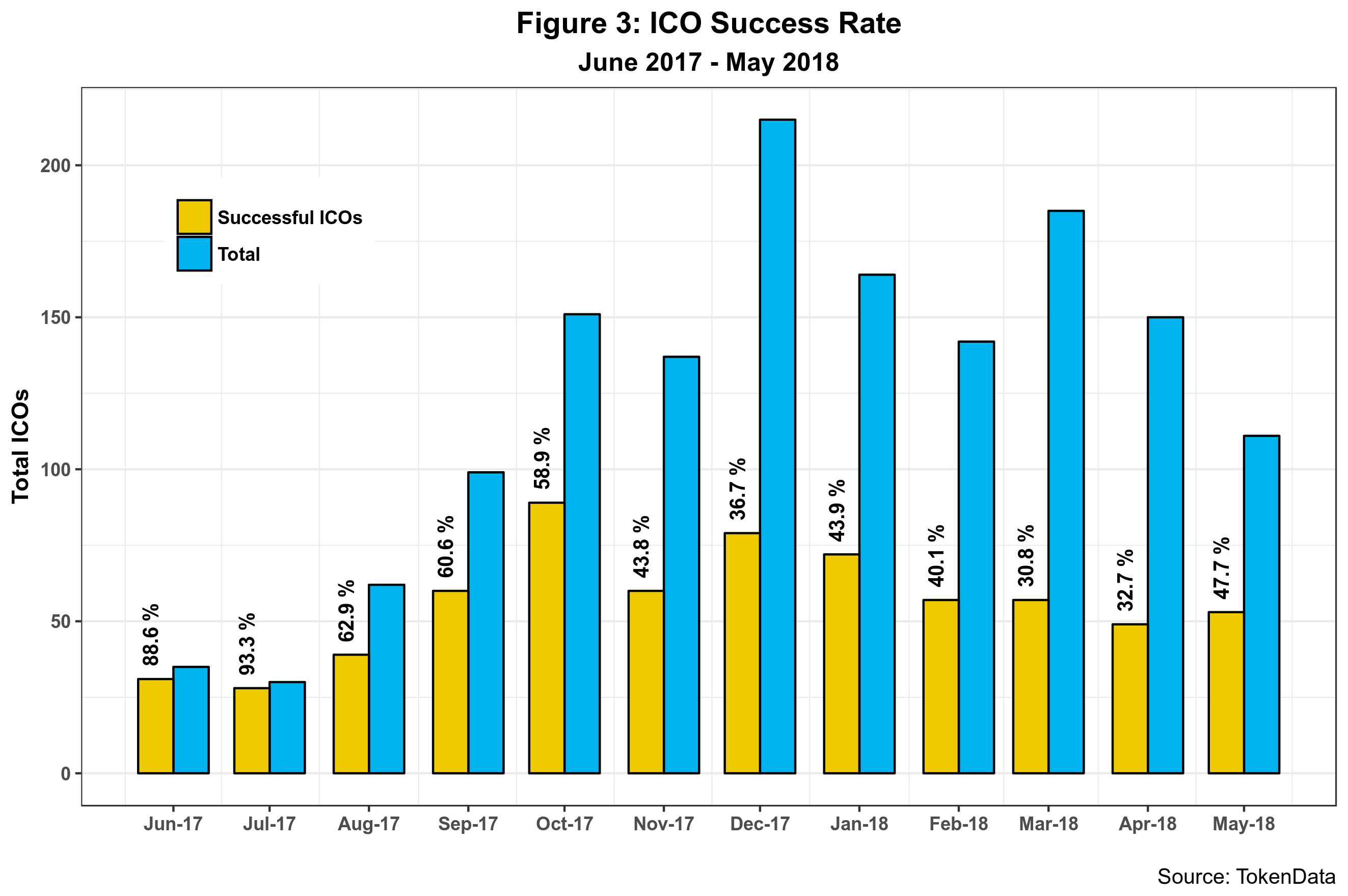
Checking ICOs, Again
It has already been three months since I last checked the ICO scene. At the time, I suggested ICOs were probably slowing down. New data seems to confirm this but all points to other trends not detected before. Figure 1 presents the latest data ending on 31 May. 159 ICOs were successfully completed between March…
-

The Real Sector of the Blockchain Economy
Most cryptocurrencies are now over 60% down from their December 2017 peak. While prices are still quite volatile, the trend for the last five months is decidedly downwards. While some still expect a recovery to the glorious days of last year, others see overvaluation all around accompanied by a financial bubble about to burst. Comparisons…
-
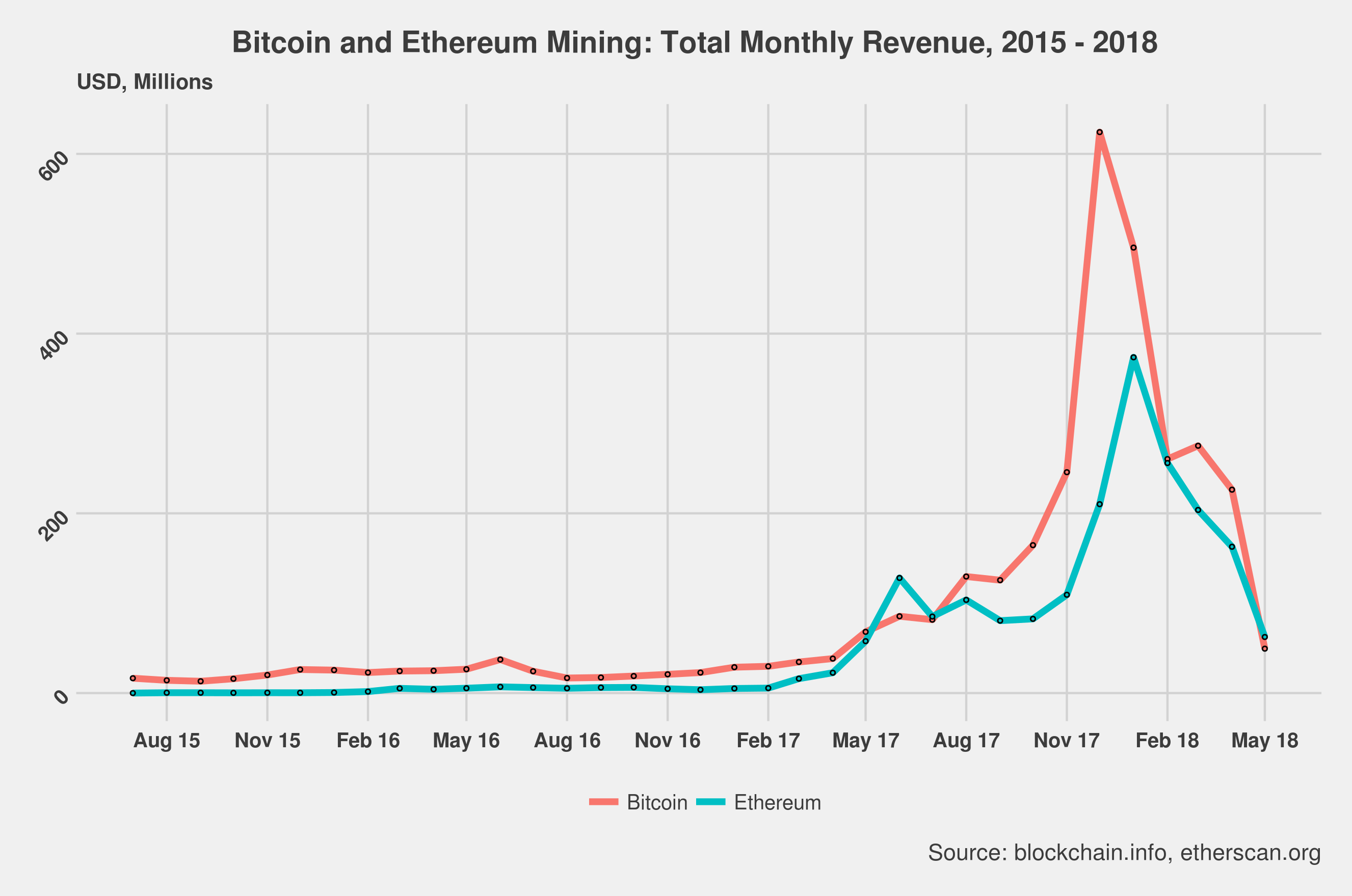
Blockchain Mining Revisited
Blockchain mining cannot catch a break when it comes to environmental sustainability. This is especially true for Bitcoin mining that seemingly has an insatiable appetite for electricity. A recent paper suggests that by 2020 Bitcoin mining will consume as much energy as Australia. While these estimates are not exempt from criticism, mining does not appear…
-
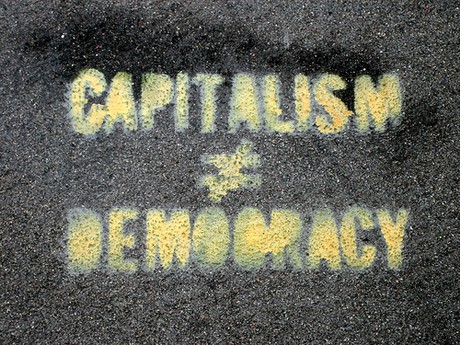
Democracy and Capitalism: Friends or Foes?
The post-WWII era can be arguably defined as the golden age of democratic capitalism – at least from the perspective of developed or industrialized countries. Rebuilding Europe and pumping capital into Japan triggered a prolonged economic boom until the 1980s, notwithstanding the 1973 oil crisis. The fall of the Berlin Wall in 1989 opened new…
-
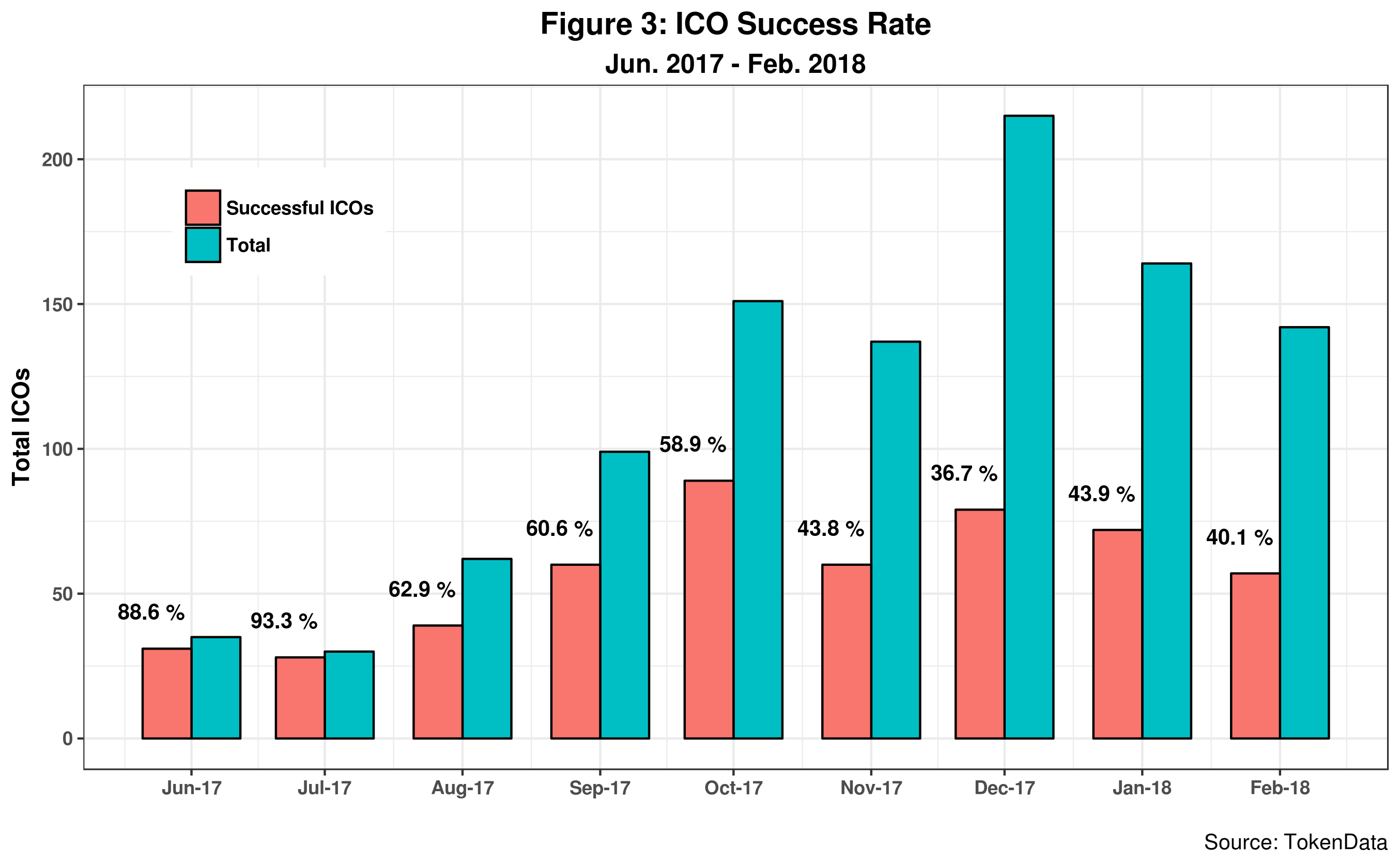
ICO Update: A Slowdown in Sight?
ICO data for last February is now available and shown in Figure 1 below. We can immediately see that both the number of ICOs and the total investment volume has decreased. The latter, which amounted to 1.2 billion USD for the month, is 20 percent less than the total for January this year. The same…
-

Cryptocurrencies and Development
While not the only cryptocurrency around, Bitcoin was the first to solve the well-known double-spending problem that characterizes digital currencies. Tackling the issue demanded the creation of blockchain technology (BCT) combined with a brute force algorithm known as proof of work. Created in 2009, Bitcoin is now one of the largest (and most unstable) currencies…
-

The Butterfly Effect
The weather forecast indicated that heavy rain will commence overnight, lasting close to 36 hours and, in the process, dumping from 1 to 3 inches (2.5 to 7.5 centimeters) on the ground. Yes, a lot of rain was expected. But I had to find a break in the rain to be able to go out…
-
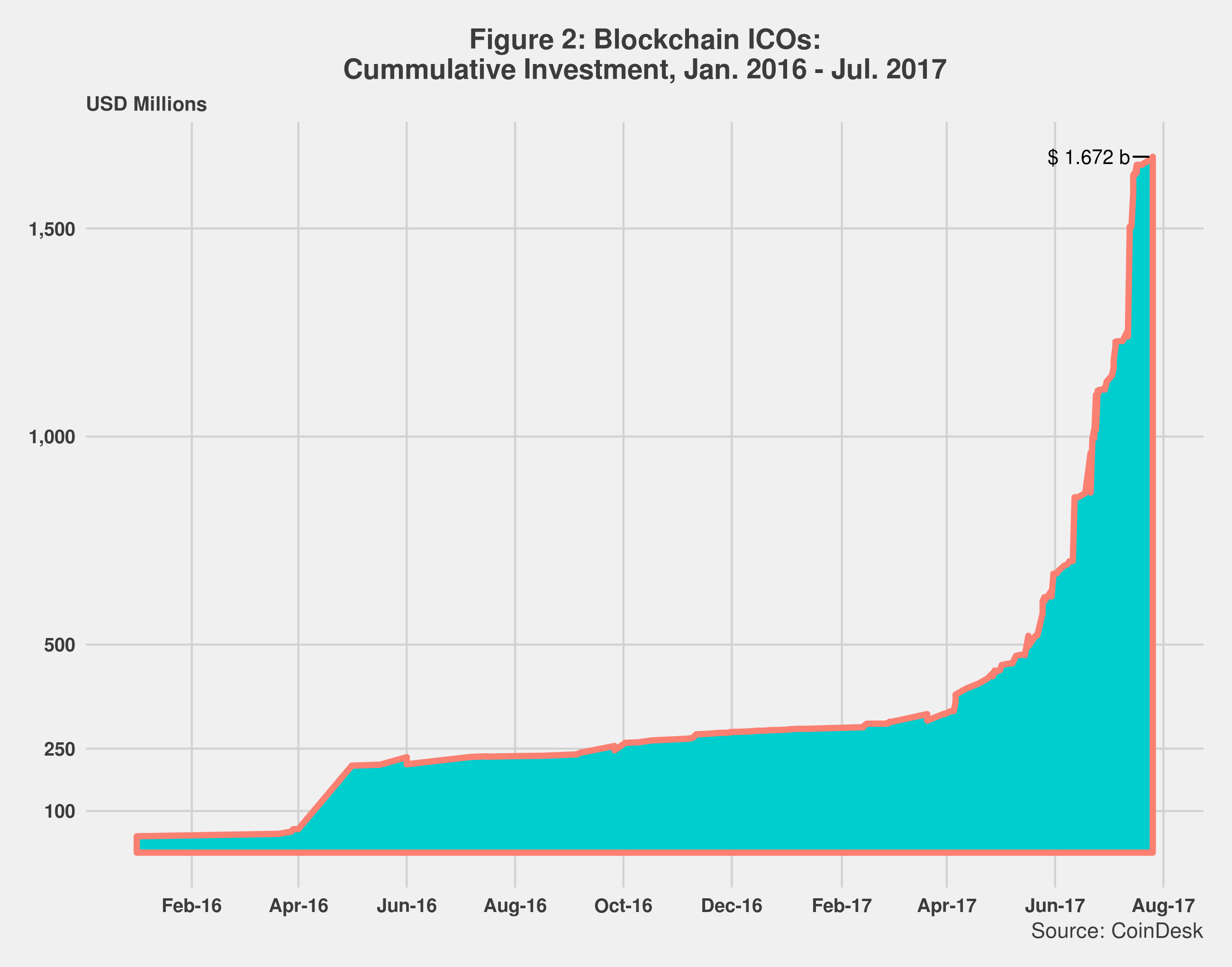
Blockchain ICOs Revisited
A couple of weeks ago, Coindesk launched an ICO tracker which seems quite comprehensive and includes data starting in 2014. It has information on 164 ICOs1 I downloaded the data on 18 August but was unable to replicate some of the charts Coindesk has on its web site. The data I downloaded ends on 27…
-
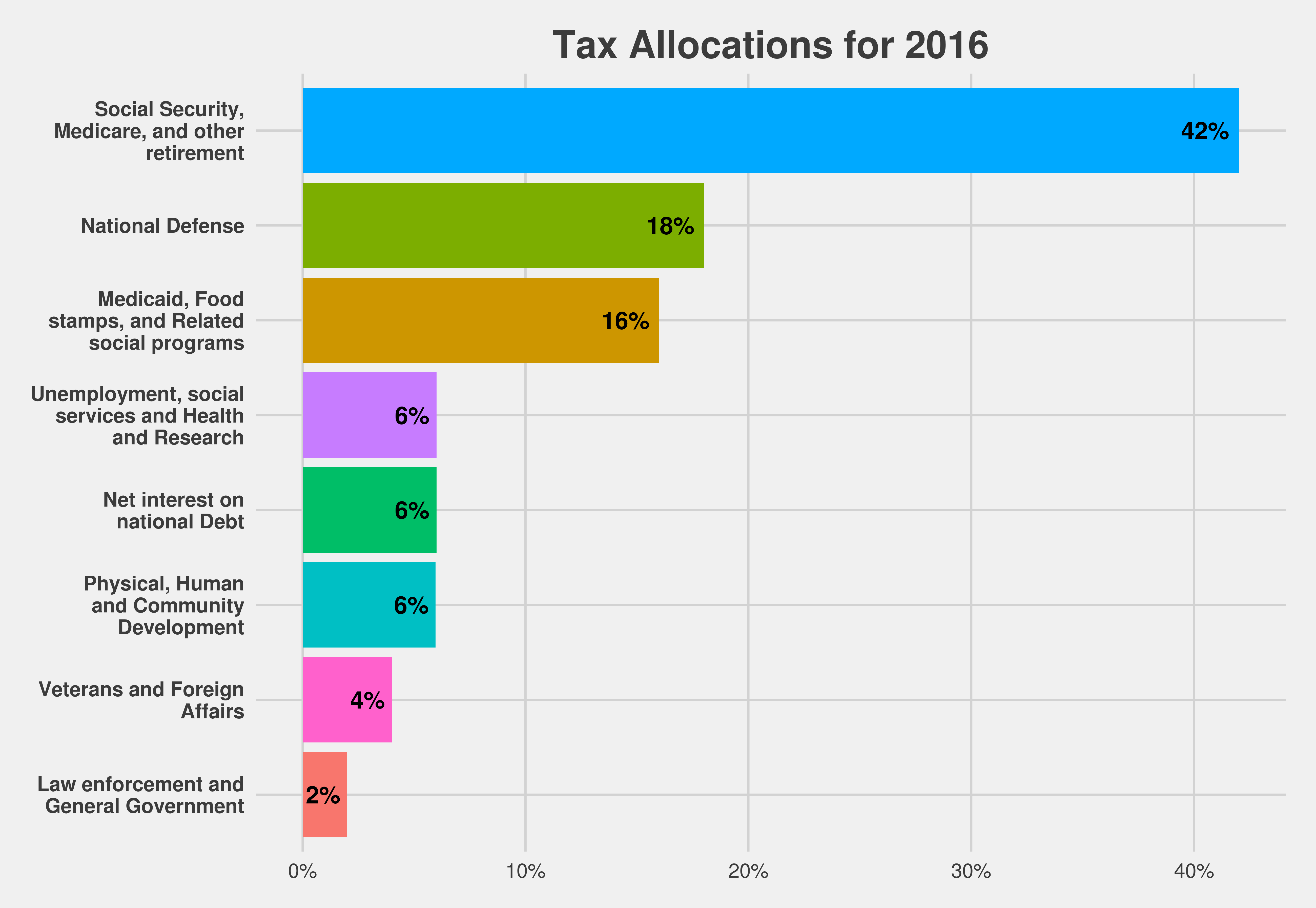
Tax Season 2017
Spring finally arrived but today feels more like summer. Not sure it will last but in I know New York Springs usually tend to be relatively short. Summer seems to always be extremely eager to enter the scene. In any event, the arrival of Spring is always associated with the US deadlines for submitting taxes,…
